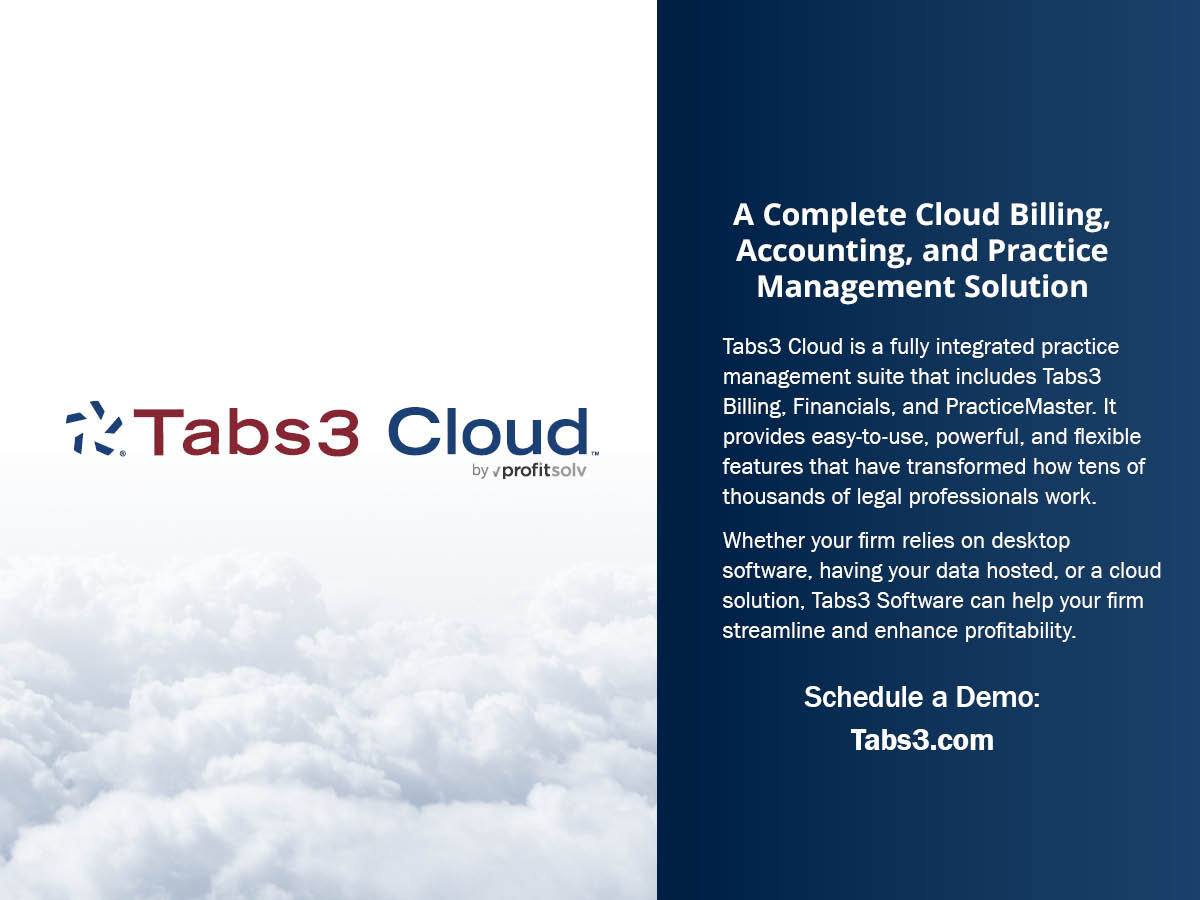Melanie recently joined an organization, but things are not falling into place as she hoped. Despite her experience, education and knowledge, she feels alienated by her new team and struggles to connect with key stakeholders. Every idea she proposes seems to meet resistance or indifference. Coming from a more casual work culture, she wonders if her expertise should outweigh fitting into the new environment. How can she make herself heard?
Johan and Mark both struggle due to their poor treatment of others, hindering collaboration. Johan's inability to work in a team will limit him, despite his individual contributions. Mark’s self-centered approach undermines trust and collaboration.
Johan contemplates leaving his firm after being passed over for yet another high-profile client. Despite being a top performer, he’s labeled as difficult to work with, which he attributes to his pursuit of excellence. Feeling frustrated and discouraged, he is updating his resume.
Mark, a recent graduate, is always the first in the office and last to leave. Even on casual days, he dresses sharply. He quickly identifies key stakeholders and ensures they know who he is. Mark is competitive and prefers working alone to avoid sharing credit. He’s shocked when he is not selected for a high-profile project.
Despite their differences, Melanie, Johan and Mark share a common issue: a branding problem. Each has unwittingly developed a personal brand that hinders their effectiveness, upward mobility and personal satisfaction. In this article, we will explore how personal branding can either hinder or help you.
NAVIGATING PERSONAL BRANDING: OVERCOMING CAREER HURDLES
In today's professional landscape, the responsibility for managing your career trajectory rests squarely on your shoulders. Gone are the days of relying solely on organizations to shepherd you through a linear progression. Instead, the emphasis has shifted toward lateral moves and the proactive navigation of your own path. This transition underscores the importance of identifying, defining and actively managing your personal brand.
A personal brand demands active focus and deliberate action on your part. It serves as a means to differentiate yourself from your peers and allows you to showcase your expertise, unique capabilities and strengths — essentially, what makes you exceptional.
3 ELEMENTS TO CONSIDER
To establish your brand, start by defining it. Reflect on your personal strengths and passions. What drives you? Are you competitive? A connector of people? A problem solver? A meticulous researcher? Are you more inclined to work independently or lead others?
Next, consider the value your strengths and passions bring to your target audience. For instance, if you’re competitive, this might translate to fiercely advocating for a client. If you’re a connector, you might excel at identifying and pursuing unique business opportunities or mediating internal conflicts. Craft your narrative with your audience in mind — whether it is a client, employer or internal committee. How can you tell your story to showcase the unique blend of skills and talents you offer?
Once you have honed your personal story — your brand — document it and review it. Ensure it authentically reflects your story and motivations. Then, evaluate the messages you are currently sending. Every action — or lack thereof — influences your brand.
Your reputation is shaped by three main factors: professional performance, professional behavior and professional interactions.
1. Professional performance is paramount.
Ensure your work is accurate, timely and thorough. Take personal responsibility for the quality of your work, avoiding shortcuts that compromise integrity. Exceed expectations whenever possible, treating your team and supervisors as internal clients.
2. Professional behavior encompasses every action and decision you make.
Be mindful of your social media presence and how it reflects on your professional image. Remember, work-related social events are extensions of your professional environment, not opportunities for unprofessional behavior.
3. Professional interactions are critical.
Treat others, especially subordinates, with respect. Your tone, word choice and management style contribute to your brand. Be fair and objective, focusing on behavior or performance rather than individuals when addressing issues.
“Your personal brand is your guiding star, shaping decisions and actions. By aligning with it, you will find clarity and direction in your career journey.”
Externally, actively cultivate your presence. Engage purposefully on platforms like LinkedIn, sharing insights and networking with peers. Consider writing articles or volunteering for speaking engagements to establish yourself as a subject matter expert.
Building your personal brand is an ongoing process, requiring regular investment. Take the time to identify and strategize how to establish your brand within your organization and beyond. Make daily deposits into your brand through your communication, engagement and performance. Remember, managing your brand is key to steering your career path.
WHAT DO YOU WANT TO BE KNOWN FOR?
Developing your personal brand starts with identifying what you want to be known for. Research, reflection and declaration are key steps. If repair work is needed, an accountability partner can help. Evaluate your behavior regularly against your brand.
Your personal brand is your guiding star, shaping decisions and actions. By aligning with it, you will find clarity and direction in your career journey.


